Business
Trudeau gov’t appears to back down on ‘digital services tax’ plans
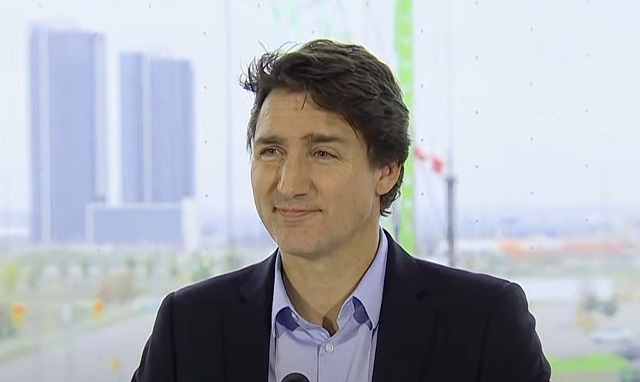
From LifeSiteNews
‘feds need to stop dreaming up new taxes and new ways to make life more expensive.’
A plan by Prime Minister Justin Trudeau’s federal government to tax the advertising revenues of non-Canadian tech giants and other companies – which could spark a major trade war and make accessing the internet more expensive – seems to be off the table, at least for now.
According to Canadian law professor Dr. Michael Geist, the Trudeau government seems to have “quietly backed down from its plans to implement a new Digital Services Tax (DST) as of January 2024.”
In its 2019 election party platform, the Trudeau Liberals had promised to impose a three percent so-called DST, which could have brought in an estimated $7.2 billion, but at the expense of tech giants that all provide services to Canadians.
In October, the head of the Canadian Taxpayers Federation (CTF) Franco Terrazzano said the “feds need to stop dreaming up new taxes and new ways to make life more expensive.”
“Prime Minister Justin Trudeau should be doing everything he can to make life more affordable, but this Digital Services Tax will mean higher prices for ordinary Canadians,” he noted.
The CTF noted that when France introduced a similar tax against tech giants such as Google, Facebook, Amazon, and other large online sites, it caused everything to get more expensive in the country.
“An economic impact assessment of the French digital services tax shows that about 55% of the total tax burden will be passed on to consumers, 40% to online vendors and only 5% borne by the digital companies targeted by the new tax,” noted the CTF.
Geist said that after months of the Trudeau government insisting a DST would be incoming next year, the government has removed that “implementation deadline” in their recent Fall Economic Statement.
When news first broke of the tax in late 2019, many U.S. Senators and Representatives signed letters asking the Canadian government to delay implementing a DST, which they warned would have created disastrous consequences.
As it stands now, a 1984 Convention Between Canada and the U.S. regarding taxes on income lets American web companies only pay tax in their home state. Indeed, a federal report even confirmed that such a tax would breach the 1984 treaty and does not work with current Canadian income tax laws.
Canadian Finance Minister Chrystia Freeland had been insisting up until recently a DST would be coming. In the summer 2023, she said, “Two years ago, we agreed to pause the implementation of our own Digital Services Tax (DST), in order to give time and space for negotiations on Pillar One. But we were clear that Canada would need to move forward with our own DST as of January 1, 2024, if the treaty to implement Pillar One has not come into force.”
Even earlier this month Freeland seemed “cautiously optimistic” a deal could be reached between Canada and the U.S. for a DST.
Geist noted that it now “appears that the optimism came from a decision to simply remove the January 1, 2024 start date,” to implement the tax and move it down the road to a later date.
As noted in the Trudeau Liberals Fall Economic Statement, “In order to protect Canada’s national economic interest, the government intends to move ahead with its longstanding plan for legislation to enact a Digital Services Tax in Canada and ensure that businesses pay their fair share of taxes and that Canada is not at a disadvantage relative to other countries.”
“Forthcoming legislation would allow the government to determine the entry-into-force date of the new Digital Services Tax, as Canada continues conversations with its international partners.”
Geist noted that the delay in implementing a DST means that it “buys time for a potential international agreement on implementing a global approach to the issue and should relieve some of the external pressure.”
Putting in place DST now would create ‘significant risks’
As it stands now, the Trudeau Liberals have already pushed forth bills that will regulate the internet. This includes the federal government’s censorship Bill C-11, the Online Streaming Act, which has been blasted by many as allowing the government more control of free speech through potential new draconian web regulations.
Another Trudeau internet censorship law, Bill C-18, the Online News Act, became law in June 2023 despite warnings that it will end free speech in Canada. This new law forces social media companies to pay Canadian legacy media for news content shared on their platforms.
Geist observed that while implanting a DST on tech giants might be more “preferable to the cross-industry subsidy model found in Bills C-11 and C-18,” pushing forth with a DST now would bring disastrous consequences and could spark a trade war.
“Moving ahead now would have created significant risks, including the prospect of billions in retaliatory tariffs. Led by Bill C-18 and the digital services tax, the government talked tough for months about regulating big tech,” wrote Geist.
“But with the (Fall Economic Statement) FES providing a massive bailout to compensate for the harm caused by the Online News Act and the decision to hold off on implementing the DST, it would appear that the tough talk has been replaced by much-needed realism on what amounted to deeply flawed policies and a weak political hand.”
Geist has continually warned that the Trudeau government’s meddling with big tech by trying to regulate the internet will not stop at “Web Giants,” but will lead to the government going after “news sites” and other “online” video sites as well.
Economy
Prime minister’s misleading capital gains video misses the point
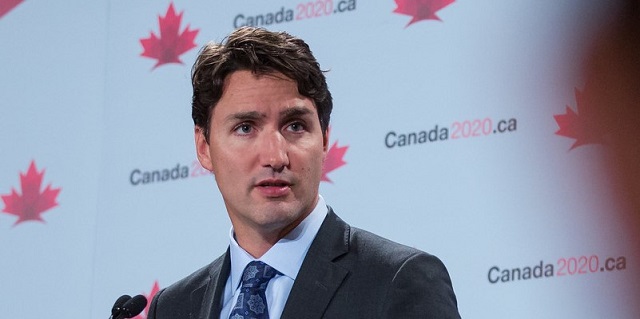
From the Fraser Institute
By Jake Fuss and Alex Whalen
According to a 2021 study published by the Fraser Institute, 38.4 per cent of those who paid capital gains taxes in Canada earned less than $100,000 per year, and 18.3 per cent earned less than $50,000. Yet in his video, Prime Minister Trudeau claims that his capital gains tax hike will affect only the richest “0.13 per cent of Canadians”
This week, Prime Minister Trudeau released a video about his government’s decision to increase capital gains taxes. Unfortunately, he made several misleading claims while failing to acknowledge the harmful effects this tax increase will have on a broad swath of Canadians.
Right now, individuals and businesses who sell capital assets pay taxes on 50 per cent of the gain (based on their full marginal rate). Beginning on June 25, however, the Trudeau government will increase that share to 66.7 per cent for capital gains above $250,000. People with gains above that amount will again pay their full marginal rate, but now on two-thirds of the gain.
In the video, which you can view online, the prime minister claims that this tax increase will affect only the “very richest” people in Canada and will generate significant new revenue—$20 billion, according to him—to pay for social programs. But economic research and data on capital gains taxes reveal a different picture.
For starters, it simply isn’t true that capital gains taxes only affect the wealthy. Many Canadians who incur capital gains taxes, such as small business owners, may only do so once in their lifetimes.
For example, a plumber who makes $90,000 annually may choose to sell his business for $500,000 at retirement. In that year, the plumber’s income is exaggerated because it includes the capital gain rather than only his normal income. In fact, according to a 2021 study published by the Fraser Institute, 38.4 per cent of those who paid capital gains taxes in Canada earned less than $100,000 per year, and 18.3 per cent earned less than $50,000. Yet in his video, Prime Minister Trudeau claims that his capital gains tax hike will affect only the richest “0.13 per cent of Canadians” with an “average income of $1.4 million a year.”
But this is a misleading statement. Why? Because it creates a distorted view of who will pay these capital gains taxes. Many Canadians with modest annual incomes own businesses, second homes or stocks and could end up paying these higher taxes following a onetime sale where the appreciation of their asset equals at least $250,000.
Moreover, economic research finds that capital taxes remain among the most economically damaging forms of taxation precisely because they reduce the incentive to innovate and invest. By increasing them the government will deter investment in Canada and chase away capital at a time when we badly need it. Business investment, which is crucial to boost living standards and incomes for Canadians, is collapsing in Canada. This tax hike will make a bad economic situation worse.
Finally, as noted, in the video the prime minister claims that this tax increase will generate “almost $20 billion in new revenue.” But investors do not incur capital gains taxes until they sell an asset and realize a gain. A higher capital gains tax rate gives them an incentive to hold onto their investments, perhaps until the rate is reduced after a change in government. According to economists, this “lock-in” effect can stifle economic activity. The Trudeau government likely bases its “$20 billion” number on an assumption that investors will sell their assets sooner rather than later—perhaps before June 25, to take advantage of the old inclusion rate before it disappears (although because the government has not revealed exactly how the new rate will apply that seems less likely). Of course, if revenue from the tax hike does turn out to be less than anticipated, the government will incur larger budget deficits than planned and plunge us further into debt.
Contrary to Prime Minister Trudeau’s claims, raising capital gains taxes will not improve fairness. It’s bad for investment, the economy and the living standards of Canadians.
Authors:
Business
Ottawa should end war on plastics for sake of the environment
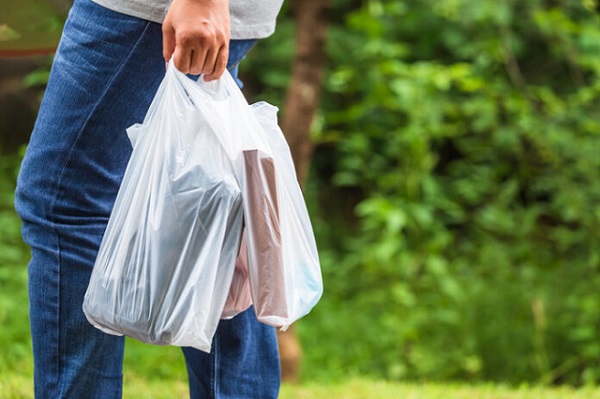
From the Fraser Institute
Here’s the shocker: Meng shows that for 15 out of the 16 uses, plastic products incur fewer GHG emissions than their alternatives…
For example, when you swap plastic grocery bags for paper, you get 80 per cent higher GHG emissions. Substituting plastic furniture for wood—50 per cent higher GHG emissions. Substitute plastic-based carpeting with wool—80 per cent higher GHG emissions.
It’s been known for years that efforts to ban plastic products—and encourage people to use alternatives such as paper, metal or glass—can backfire. By banning plastic waste and plastic products, governments lead consumers to switch to substitutes, but those substitutes, mainly bulkier and heavier paper-based products, mean more waste to manage.
Now a new study by Fanran Meng of the University of Sheffield drives the point home—plastic substitutes are not inherently better for the environment. Meng uses comprehensive life-cycle analysis to understand how plastic substitutes increase or decrease greenhouse gas (GHG) emissions by assessing the GHG emissions of 16 uses of plastics in five major plastic-using sectors: packaging, building and construction, automotive, textiles and consumer durables. These plastics, according to Meng, account for about 90 per cent of global plastic volume.
Here’s the shocker: Meng shows that for 15 out of the 16 uses, plastic products incur fewer GHG emissions than their alternatives. Read that again. When considering 90 per cent of global plastic use, alternatives to plastic lead to greater GHG emissions than the plastic products they displace. For example, when you swap plastic grocery bags for paper, you get 80 per cent higher GHG emissions. Substituting plastic furniture for wood—50 per cent higher GHG emissions. Substitute plastic-based carpeting with wool—80 per cent higher GHG emissions.
A few substitutions were GHG neutral, such as swapping plastic drinking cups and milk containers with paper alternatives. But overall, in the 13 uses where a plastic product has lower emissions than its non-plastic alternatives, the GHG emission impact is between 10 per cent and 90 per cent lower than the next-best alternatives.
Meng concludes that “Across most applications, simply switching from plastics to currently available non-plastic alternatives is not a viable solution for reducing GHG emissions. Therefore, care should be taken when formulating policies or interventions to reduce plastic demand that they result in the removal of the plastics from use rather than a switch to an alternative material” adding that “applying material substitution strategies to plastics never really makes sense.” Instead, Meng suggests that policies encouraging re-use of plastic products would more effectively reduce GHG emissions associated with plastics, which, globally, are responsible for 4.5 per cent of global emissions.
The Meng study should drive the last nail into the coffin of the war on plastics. This study shows that encouraging substitutes for plastic—a key element of the Trudeau government’s climate plan—will lead to higher GHG emissions than sticking with plastics, making it more difficult to achieve the government’s goal of making Canada a “net-zero” emitter of GHG by 2050.
Clearly, the Trudeau government should end its misguided campaign against plastic products, “single use” or otherwise. According to the evidence, plastic bans and substitution policies not only deprive Canadians of products they value (and in many cases, products that protect human health), they are bad for the environment and bad for the climate. The government should encourage Canadians to reuse their plastic products rather than replace them.
Author:
-
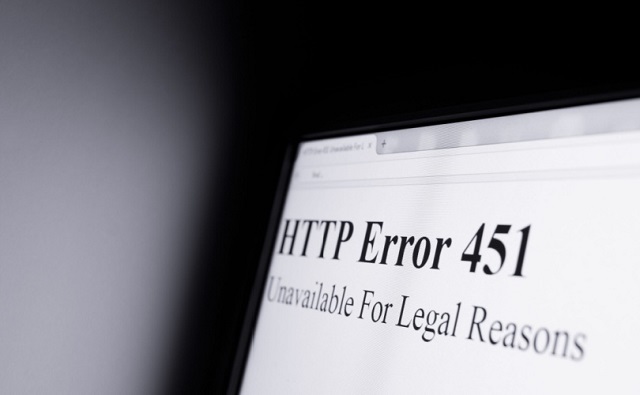
 National2 days ago
National2 days agoTrudeau’s internet censorship Bill C-11 will not be implemented until late 2025
-
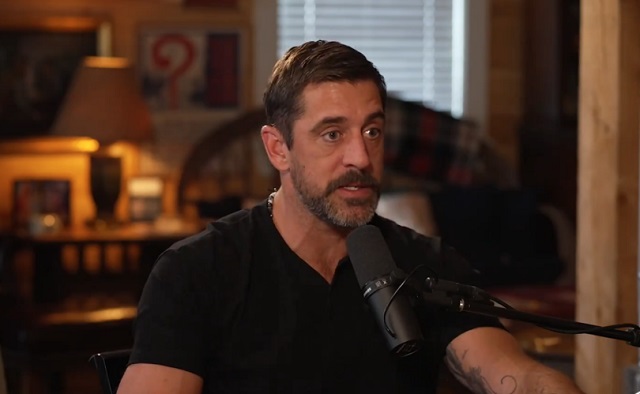
 COVID-191 day ago
COVID-191 day agoTucker Carlson and NFL star Aaron Rodgers discuss Bill Gates, COVID-19, US Deep State
-

 Energy2 days ago
Energy2 days agoTech giants’ self-made AI energy crisis
-
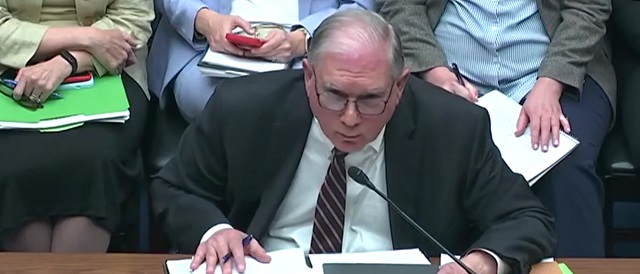
 COVID-1920 hours ago
COVID-1920 hours agoTop Fauci Aide Allegedly Learned To Make ‘Smoking Gun’ Emails ‘Disappear,’ Testimony Reveals
-

 Frontier Centre for Public Policy2 days ago
Frontier Centre for Public Policy2 days agoThe PM as Leaf’s coach
-

 Economy1 day ago
Economy1 day agoPrime minister’s misleading capital gains video misses the point
-

 COVID-1914 hours ago
COVID-1914 hours agoThe Vials and the Damage Done: Canada’s National Microbiology Laboratory Scandal, Part II
-
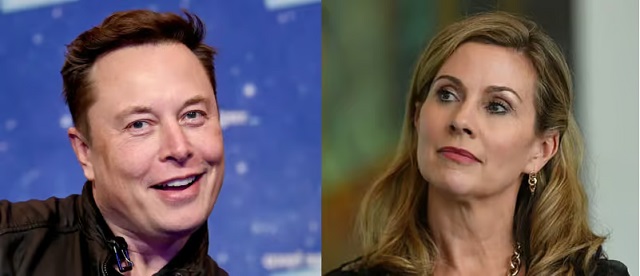
 Brownstone Institute4 hours ago
Brownstone Institute4 hours agoMusk Wins Latest Censorship Battle in Australia











